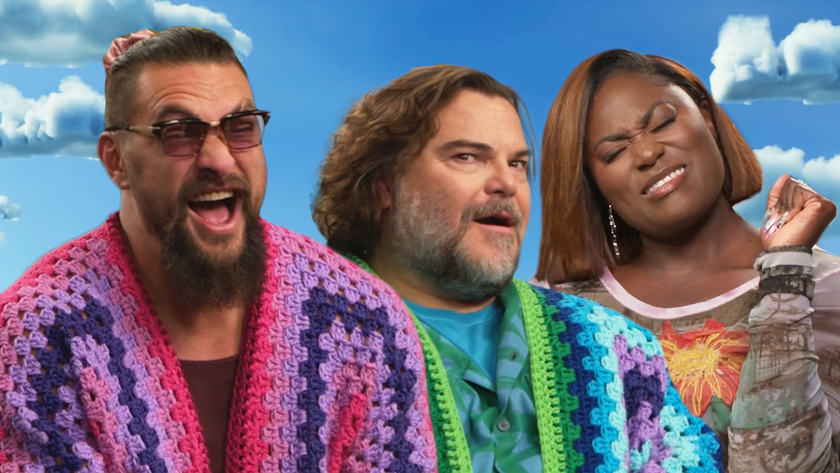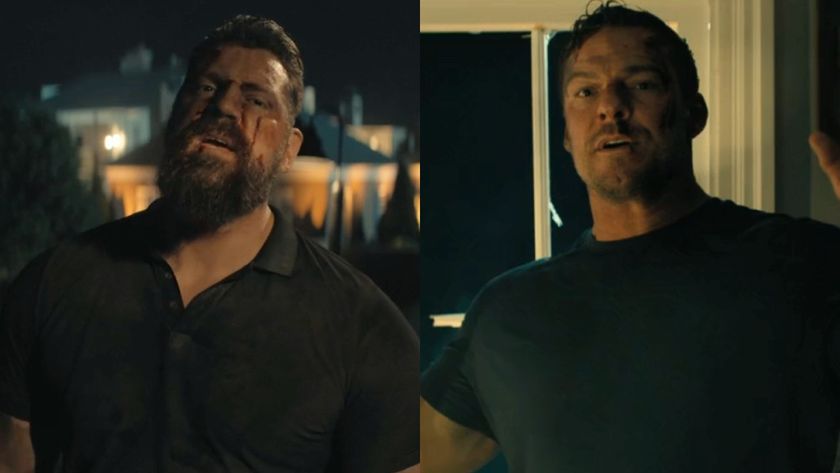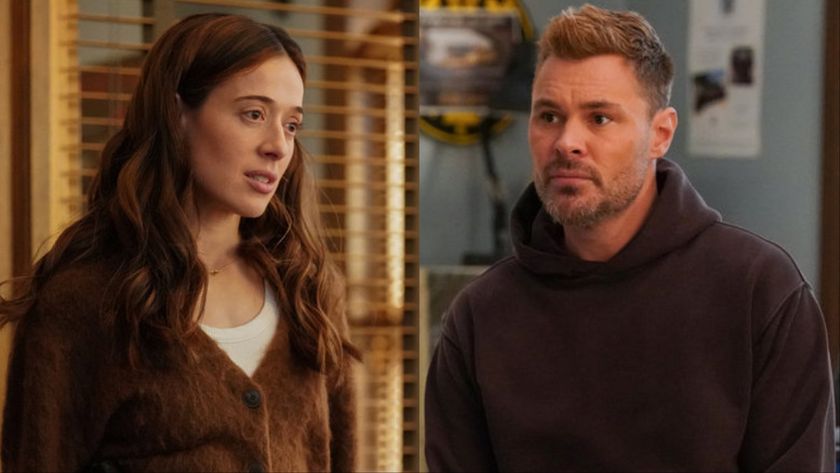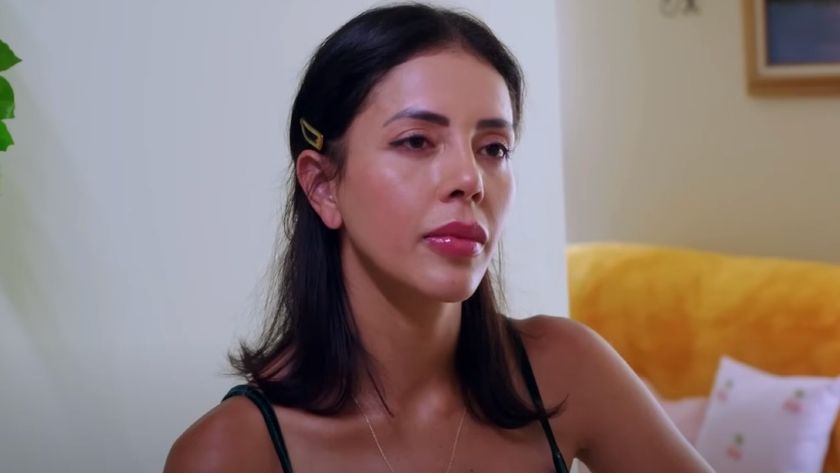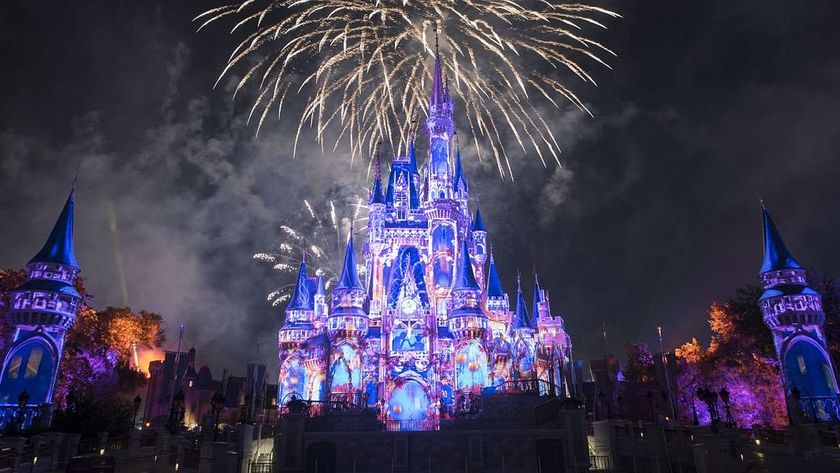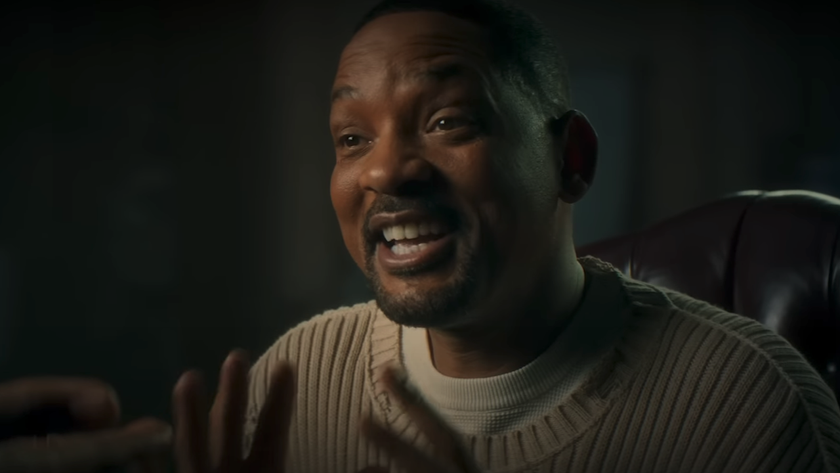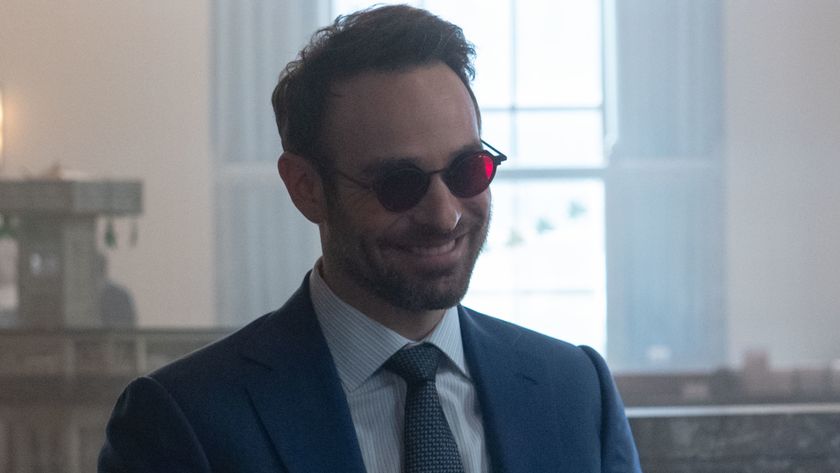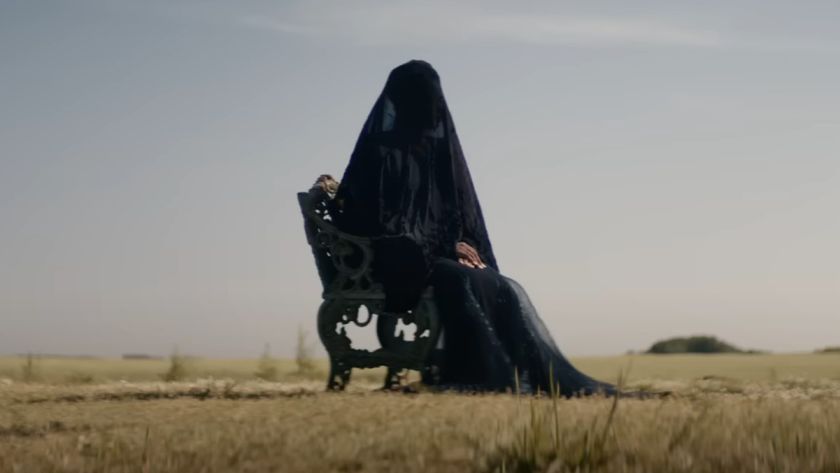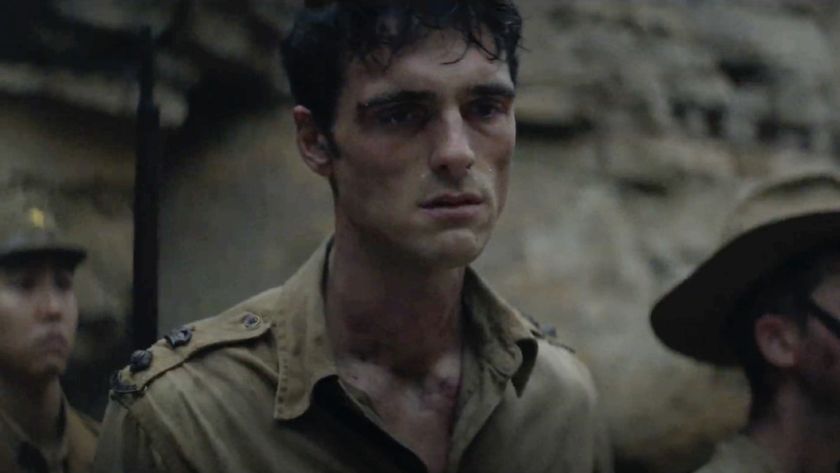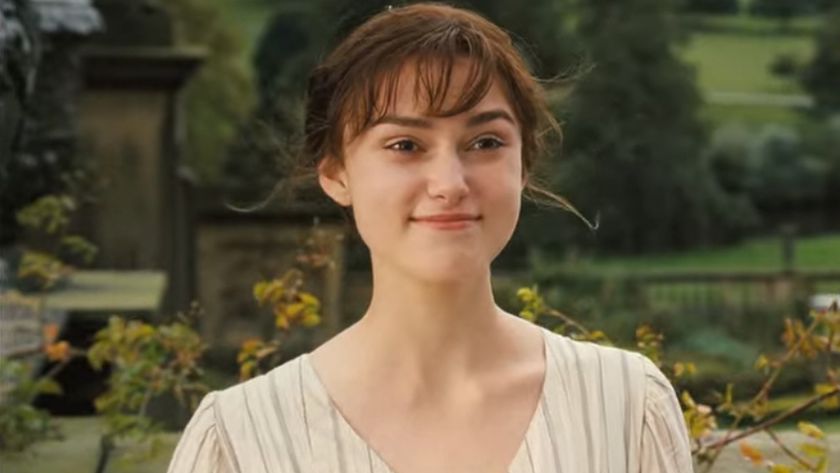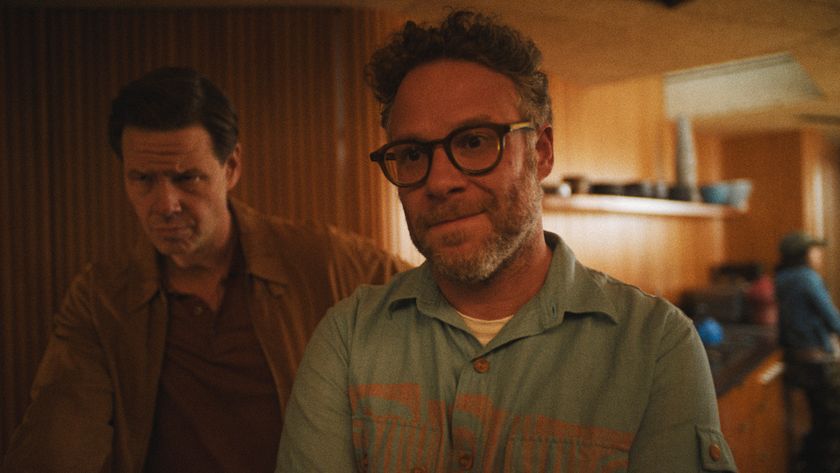Interview: Micmacs Director Jean-Pierre Jeunet Creates His Own Paris
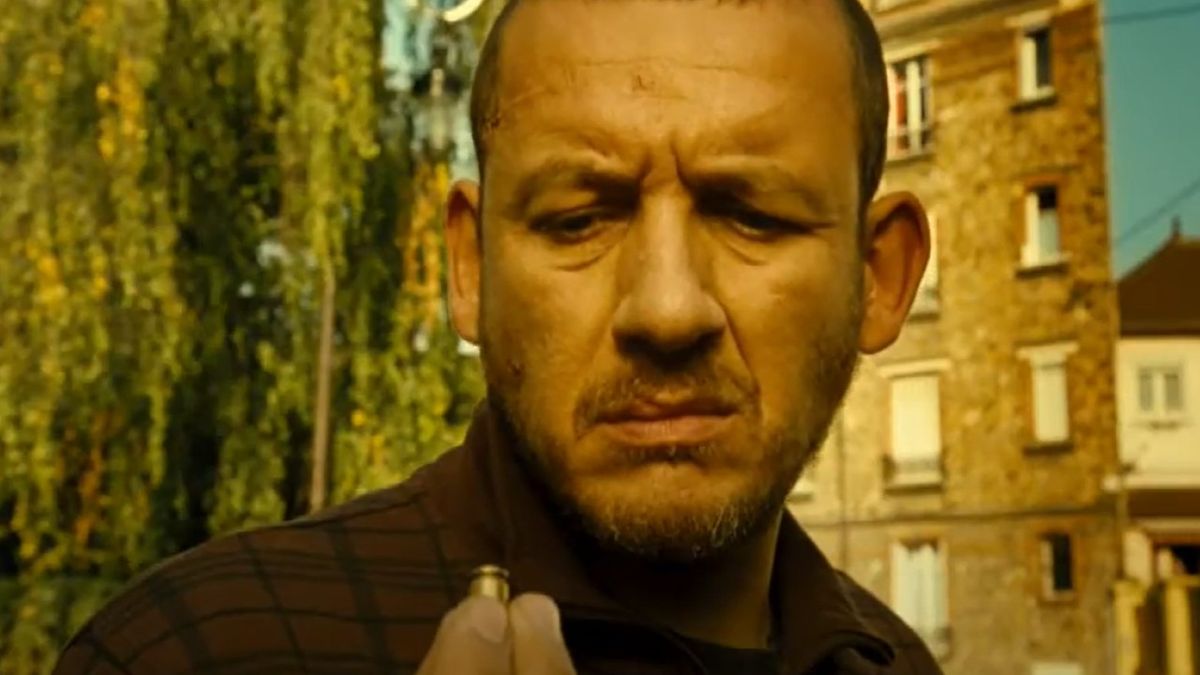
If your summer thus far is lacking a certain amount of whimsy and joy, you need to go directly to a theater this weekend and catch Micmacs, the new film from Amelie director Jean-Pierre Jeunet that once again whisks viewers away to an ochre-colored, beautiful, magical Paris. But though Amelie was concerned entirely with love and happiness, Micmacs starts from a darker place-- main character Bazil (Dany Boon) loses his father to a landmine as a child, then is struck in the skull by a stray bullet and, as a result, loses his job and his apartment. The only place Bazil can go is a junkyard inhabited by a whole rogue's gallery of eccentrics, including a contortionist, a mechanics expert, a numbers whiz and a mother hen keeping them all together.
Bazil and his newfound crew decide to take revenge on the weapons manufacturers in the most whimsical, innocent way possible, basically destroying their weapons before the weapons can destroy people. Jeunet says he was fascinated by arms dealers, how they could be loving parents and also manufacture killing machines, but wanted the challenge of making a happy movie about such a dark topic.
I talked to Jeunet a few weeks ago about exactly the kind of skewed Paris he presents in his films, how he works with his production team to achieve the distinct look of his movies-- including how a tulip inspired Alien: Resurrection-- and how he's recovered from the process of developing a movie adaptation of the novel Life of Pi, only to be forced to quit when it was clear the studio wouldn't pay for the film he had envisioned. Check out everything he had to say in our interview below, and catch Micmacs in limited release this weekend.
Can you describe the world of the film in your own words?
Warm color, short lens, silly people, beautiful Paris, fake Paris-- and that's it. That's my recipe. 10% of inspiration, 90% perspiration.
What kind of Paris is this?
It's a Paris I love, because I need to love everything I shoot. I couldn't shoot something in the 70s, because I hate the look of the cars, the hair. I don't understand how Martin Scorsese can shoot a film [in the 70s.] I've made three films about Paris. The second one, A Very Long Engagement, was very easy because it was at the beginning of the century, everything was very beautiful. Amelie I cheat and show a lot of times a lot of things. And for this one, I shoot the last things I didn't shoot before. Now it's done. It's finished with Paris. The city I would like to shoot is San Francisco.
CINEMABLEND NEWSLETTER
Your Daily Blend of Entertainment News
Why San Francisco?
My wife is from the Bay Area-- I left my heart in Frisco. It's such a beautiful city. It's like a toy. You have the bridge, you have the beautiful color, you have the tramway.
What were the things in Paris that you absolutely had to show in this one?
I forgot to show in A Very Long Engagement the beautiful Galeries Lafayette, a store with beautiful huge glass paneling. The suburbs are very difficult to shoot now. A long time ago it was very poetic, but now it's just boxes, like everywhere. Box and concrete, and that's it. To find poetry in the suburbs you have to look for a long time.
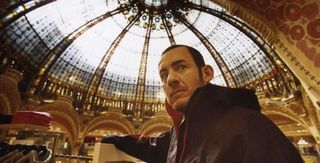
You've said this film came out of an obsession with arms dealers. What made you interested in arms dealers?
I thought [about these arms dealers] at night they kiss their kids goodnight, and are very nice, and during the day they fix to kill. During the Vietnam War some American people invented some small balls of plastic [for bullets], because plastic you can't find with an X-Ray. Can you imagine the guy who made more money because he found that? It's terrible. And they are very nice guys. They completely forget the final destination of the technology. They say, no on, we work for the good guy. We work for the Minister of Defense not the Minister of Attacking. It's an amazing sentence.
You find humor in it as well, though.
I was very concerned about that, because I thought, is it possible to match serious issues as slapsticks. And I thought about Dr. Strangelove and The Great Dictator.
And the movie is optimistic too. How did you decide to strike that tone?
I think in general it's more interesting to make positive movies than negative movies. [Early in my career I made] a short film, very dark, very black, and it was easy to make something negative. When I made Amelie, [I learned] it's much more difficult to make something positive, without it being too sugary, too Hollywood. The success of Amelie must say a lot about how much people want to see positive movies.
Yes, it was a decision from the beginning of Amelie. Life of Pi was a positive story too. A story of willpower, a guy wanting to survive. In fact, in some ways it's the same story.
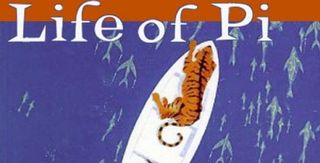
Do you still think of Life of Pi as a movie you made?
For me it's finished. I have the complete storyboard. I spent two years working on it. I know every shot. There was no way for me to make it. Good luck, Mr. Ang Lee! I can't complain, because I understand 20th Century Fox, it was so expensive.
Is it a disappointment to you that you won't get to make it?
Not really, because I think I made the best part. If I made the film it would be so technical.
So you like the planning better than executing the movie?
No. I love everything. But this time I was tired. After two years, I left, I quit. I was starving to shoot. But I love everything except the promotion. I love to write, I love to shoot--it's like a drug. I feel like a sailor, he has the waves, the cold, the wind, he doesn't sleep-- but they love that. It's so tough, but you love that.
This movie isn't simple either.
It's always difficult. This one was a little more difficult, because we needed a little bit more money. The small difference was tough. I had every set at the last moment.
How did you go about planning all the mechanical elements in the junkyard?
I am very close with my production designer. We speak together a long time, we decide about the color, the aspect, the spirit. And after that she doesn't want to show me anything before it's completely finished.
What was the main thing you wanted out of the junkyard set?
I wanted it to be the origin of every visual aspect. I gave to every part of the production, i give them some picture, and i say this is the mood I want, and you have to put it on the wall because everyone has to respect my way.
What's the picture?
For this one, it was a different photograph-- I don't remember. Sometimes just a detail, a small detail because you love the age, the color. I remember for [Alien: Resurrection], it was a yellow tulip. We were thinking it was perfect for the spirit of the spaceship.
Staff Writer at CinemaBlend

